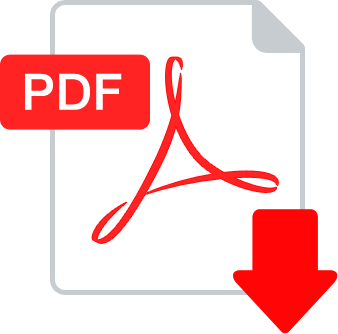.
Our Partners:
LiTiS 1.2.0 beta

|
The paper should be no longer than 8 full pages (up to 16 full pages for Invited Speakers).
 Templates for papers in TeX format Templates for papers in TeX format
Please submit your paper as an email attachment to amsa@conf.nstu.ru (Deadline is April 1).
Publisher: Novosibirsk State Technical University Publisher, Novosibirsk, Russia
Issue(s) Available: 2
ISSN Number: 2313-870X
 Proceedings of the AMSA'2011 Proceedings of the AMSA'2011
 Proceedings of the AMSA'2013 Proceedings of the AMSA'2013
 Proceedings of the AMSA'2015 Proceedings of the AMSA'2015
Selected papers will be published in "Vestnik SibGAU" (ISSN 1816-9724) in Russian.
The publication ethics for AMSA proceedings
The ethics statements for AMSA proceedings are based on the Committee on Publication Ethics (COPE) Code of Conduct guidelines available at www.publicationethics.org. In particular,
For Authors:
Authors should present an objective discussion of the significance of research work as well as sufficient detail and references to permit others to replicate the experiments. Fraudulent or knowingly inaccurate statements constitute unethical behavior and are unacceptable. Review articles should also be objective, comprehensive, and accurate accounts of the state of the art. The authors should ensure that their work is entirely original works, and if the work and/or words of others have been used, this has been appropriately acknowledged. Plagiarism in all its forms constitutes unethical publishing behavior and is unacceptable. Submitting the same manuscript to more than one journal concurrently constitutes unethical publishing behavior and is unacceptable. Authors should not submit articles describing essentially the same research to more than one journal. The corresponding author should ensure that there is a full consensus of all co-authors in approving the final version of the paper and its submission for publication.
For Editors:
Editors should evaluate manuscripts exclusively on the basis of their academic merit. An editor must not use unpublished information in the editor's own research without the express written consent of the author. Editors should take reasonable responsive measures when ethical complaints have been presented concerning a submitted manuscript or published paper.
For Reviewers:
Any manuscripts received for review must be treated as confidential documents. Privileged information or ideas obtained through peer review must be kept confidential and not used for personal advantage. Reviews should be conducted objectively, and observations should be formulated clearly with supporting arguments, so that authors can use them for improving the paper. Any selected referee who feels unqualified to review the research reported in a manuscript or knows that its prompt review will be impossible should notify the editor and excuse himself from the review process. Reviewers should not consider manuscripts in which they have conflicts of interest resulting from competitive, collaborative, or other relationships or connections with any of the authors, companies, or institutions connected to the papers.
|
|



